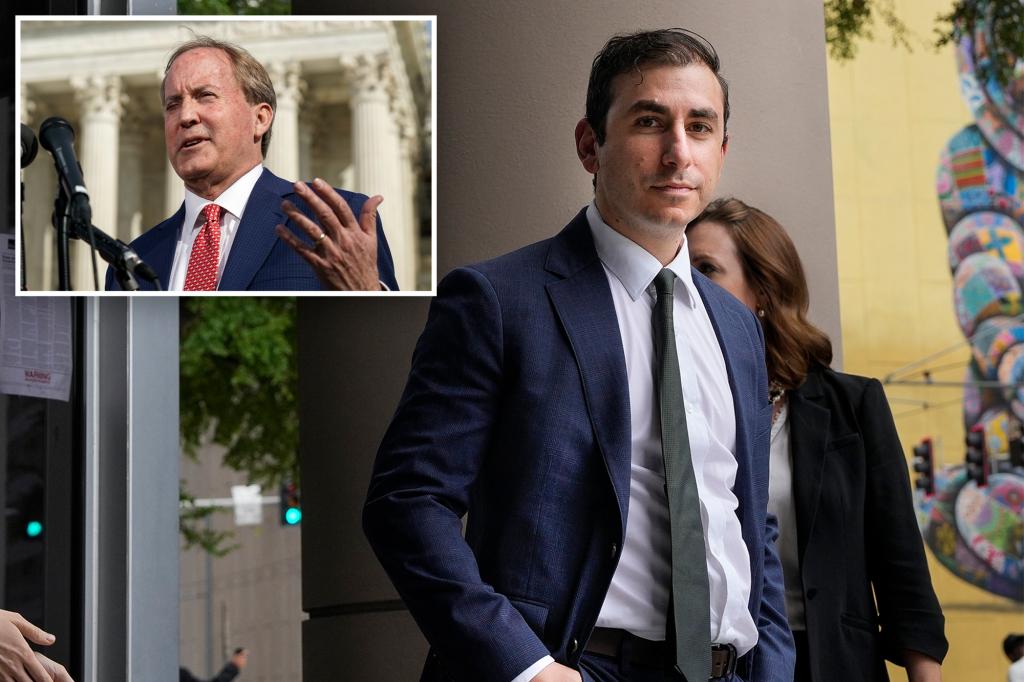Paragraph 1: The Case Dismissal and Its Implications
The federal case against Dr. Eithan Haim, a Texas doctor accused of illegally leaking information about transgender surgeries on minors at Texas Children’s Hospital (TCH), has been abruptly dismissed. Just weeks before the scheduled trial, US District Judge David Hittner granted the prosecution’s request to drop all four felony charges against Dr. Haim. This dismissal, "with prejudice," signifies a permanent closure of the case, preventing any future prosecution of Dr. Haim for the same alleged offenses. The prosecution’s decision, presented in a single-page joint motion with Dr. Haim’s consent, lacked any explicit explanation, leaving the motivations behind the abrupt dismissal open to speculation. This outcome marks a significant victory for Dr. Haim, who faced a potential sentence of up to ten years imprisonment if convicted on all counts.
Paragraph 2: The Allegations and Dr. Haim’s Defense
Dr. Haim, a 34-year-old surgeon, was accused of accessing patient records from TCH under false pretenses and providing them to conservative journalist Christopher Rufo in 2023. Rufo subsequently published a report in City Journal alleging that TCH continued to perform "gender-affirming" procedures on children despite publicly announcing a cessation of such surgeries and puberty blockers a year earlier. The hospital’s initial announcement followed Texas Attorney General Ken Paxton’s 2022 opinion declaring these procedures a form of child abuse. Dr. Haim’s defense team argued that the prosecution possessed evidence demonstrating his continued treatment of patients at TCH into 2023, thereby negating the claim of illegal access to patient information. Furthermore, Dr. Haim maintained his actions were motivated by whistleblowing intentions, aiming to expose the hospital’s alleged violation of Texas law.
Paragraph 3: Reactions and Unanswered Questions
Dr. Haim’s legal team celebrated the dismissal as a complete vindication of their client, highlighting the prevention of further legal action against him. They characterized the case as a misuse of federal law enforcement and expressed hope for future accountability regarding perceived misconduct during the proceedings. Conversely, the Southern District of Texas US Attorney’s office remained silent, declining to comment on the dismissal. The lack of official explanation for the dropped charges fuels speculation, leaving many questions unanswered about the prosecution’s strategy and the evidence presented.
Paragraph 4: Contextualizing the Case within the Broader Debate
This case unfolds amidst a contentious national debate surrounding gender-affirming care for minors. Texas has been at the forefront of this debate, with legislative efforts and legal opinions aiming to restrict or ban such procedures. The allegations against Dr. Haim and the subsequent dismissal highlight the complex interplay of legal, ethical, and political considerations surrounding this sensitive issue. The case also raises questions about the balance between protecting patient privacy and the public’s right to information, particularly when allegations of illegal activity are involved.
Paragraph 5: Legal and Ethical Considerations
The dismissal raises several legal and ethical questions. What factors led the prosecution to drop the charges so close to trial? Did the defense present compelling evidence that challenged the prosecution’s case? Was there concern about the potential for a First Amendment defense related to whistleblowing? These unanswered questions leave room for speculation and underscore the need for transparency in legal proceedings, especially in cases with significant public interest. Furthermore, the case highlights the ethical dilemmas faced by healthcare professionals in navigating complex legal and political landscapes while upholding their responsibilities to patients and the public.
Paragraph 6: The Aftermath and Future Implications
The dismissal of the case against Dr. Haim leaves several lingering questions and potential implications. Will the lack of legal repercussions embolden others to leak confidential patient information in the name of whistleblowing? Will this case influence the ongoing debate about gender-affirming care for minors and its legal status in Texas and other states? The case also highlights the challenges faced by healthcare institutions in balancing patient privacy with transparency and accountability. Moving forward, it remains to be seen how this case will shape future legal and ethical considerations related to healthcare, whistleblowing, and the sensitive topic of gender-affirming care for minors.










